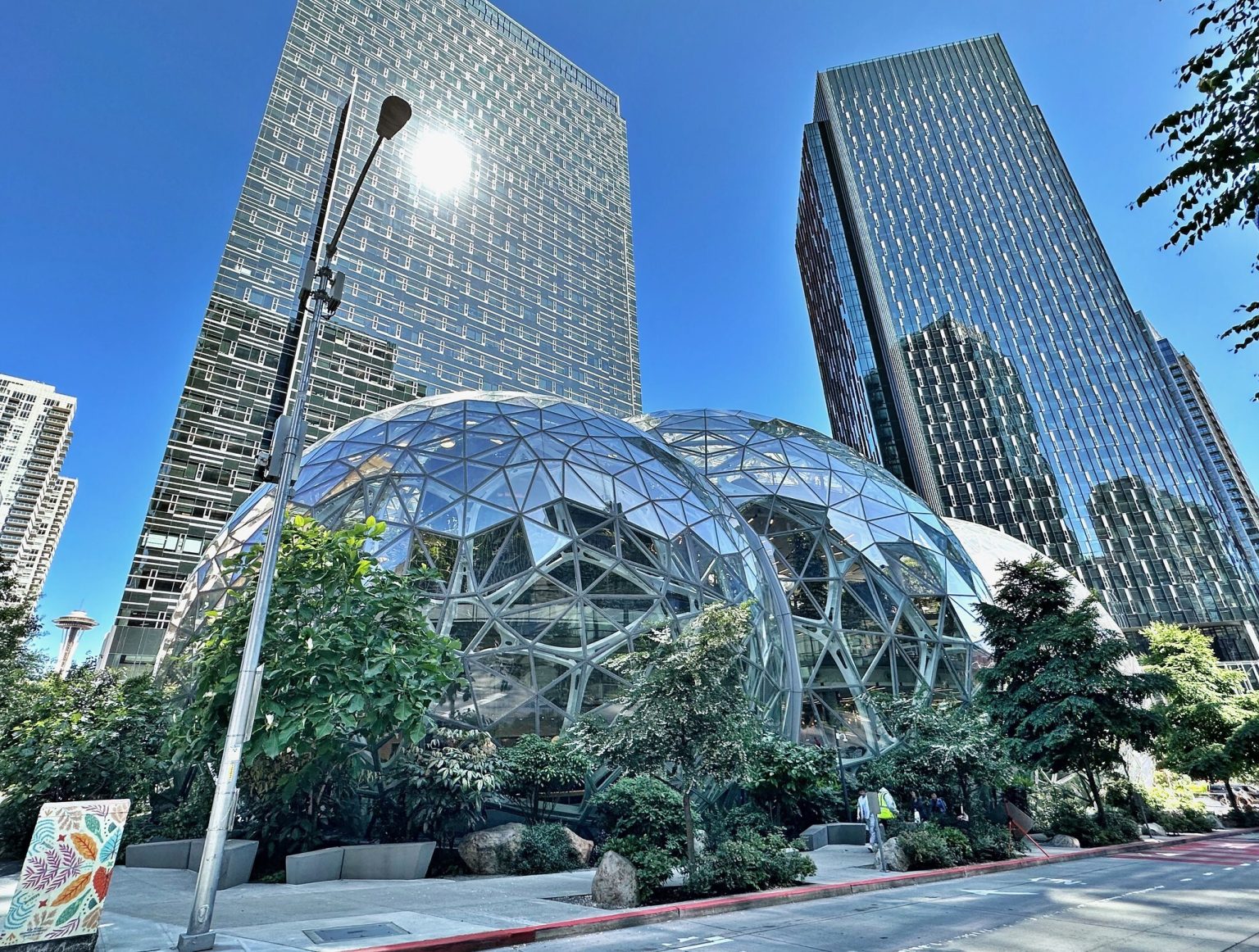Amazon and other companies have used non-compete agreements to enforce restrictions on departing employees in Washington state. Critics of non-compete agreements believe that the Federal Trade Commission’s ban on such agreements could lead to positive changes within companies by encouraging them to focus on retaining talented employees through other means. Microsoft, a company that has been known to use non-compete agreements, recently announced that it would no longer include them in U.S. employment agreements, except for senior leaders. Washington state also set limits on non-compete agreements in 2019, capping them at 18 months and applying them to higher-earning employees.
The final rule issued by the FTC prohibits companies from entering into, enforcing, or attempting to enforce non-compete agreements in new contracts. Existing non-compete agreements with most workers will become unenforceable after the rule takes effect, with an exception for senior executives. Critics of the rule, such as the U.S. Chamber of Commerce, believe that it is a government overreach that could hinder businesses’ competitiveness. However, the FTC Chair Lina Khan believes that the ban on non-compete agreements will lead to the creation of more startups and promote innovation in the job market.
Albert Squiers, managing director of the technology practice at Fuel Talent in Seattle, notes that the definition of “policy-making position” in the new rule could be a crucial issue, as many workers in publicly traded tech companies in Seattle earn more than the defined income range. The U.S. Chamber of Commerce plans to challenge the FTC’s decision in court. Non-compete agreements have often been considered a barrier for employees wanting to leave and start their own companies, but other factors such as financial risks and securing investments play larger roles in this process.
The ban on non-compete agreements by the FTC could have implications for intellectual property protection, as companies rely on such agreements to safeguard their inside knowledge when employees leave for new jobs. Michael Schutzler, CEO of the Washington Technology Industry Association, speculates that the ban on non-compete agreements could lead to an increase in IP litigation and lobbying for stronger IP protections. Brian Hall, who was involved in a lawsuit over a non-compete agreement with Amazon, believes that non-disclosure agreements (NDAs) are more effective in protecting corporate interests without restricting employees from moving to other jobs.
Hall, a tech marketing executive, believes that the FTC’s rule banning non-compete agreements will benefit Washington state’s innovation economy by promoting competition and innovation. He hopes that it will position the region as a top destination for technology and software development, similar to California. Overall, the ban on non-compete agreements is seen as a positive step towards improving the employee-employer relationship and fostering a more competitive and innovative job market.


